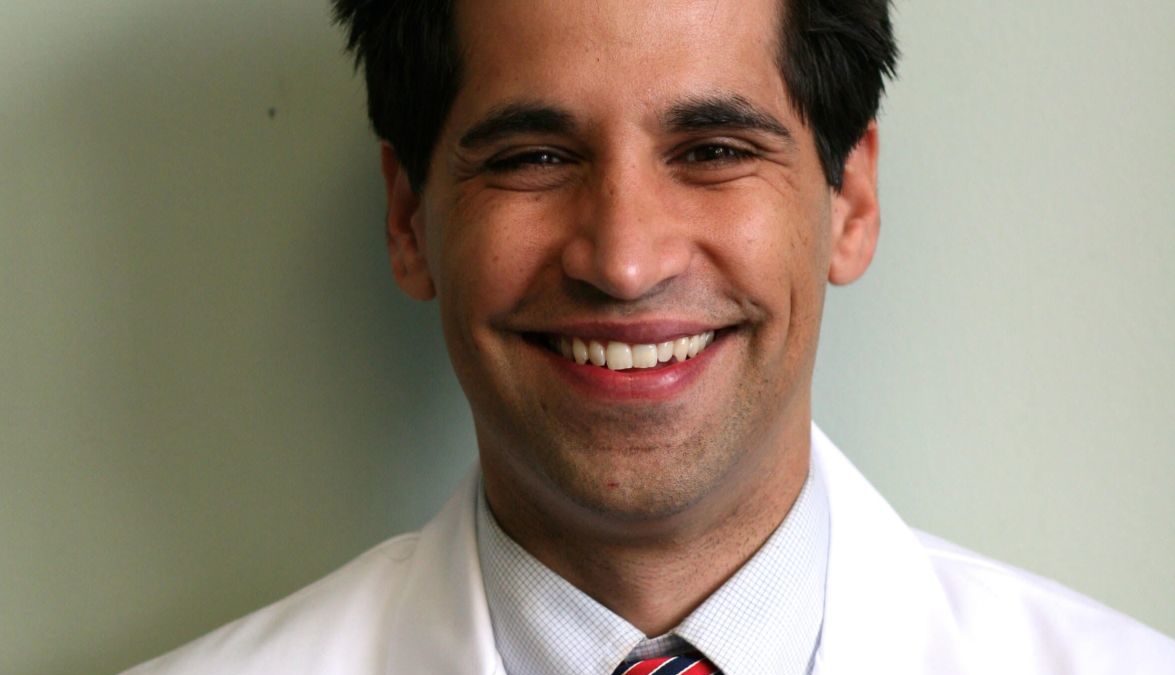Before that damp and rainy Tuesday night, most of the passengers waiting for their trains at Suburban Station had never met Kenny Solomon.
We didn’t know about the car accident that permanently damaged his body, or his recent fall at Suburban Station down an entire flight of steps. We also didn’t know anything positive about Mr. Solomon or his likes and dreams. But his introduction to us, and anyone who happened to be in the vicinity that night was resounding.
But the scene that unfolded on a recent damp and rainy Tuesday night made sure none of us waiting for a train at Suburban Station would ever forget him.
“Hey, Dumb Dumb!” declared a uniformed SEPTA police officer as he approached Mr. Solomon with his partner. The officer grabbed the back of Mr. Solomon’s wheelchair with one hand and took off with him. “Let’s go, Dumb Dumb!”
As the barely conscious Mr. Solomon sat slumped in his chair, he was suddenly thrust in reverse, while the only shoe he wore dragged limply behind on the wet terminal floor.
The jarring scene made me interrupt an email to fellow nurses in mid-sentence to pull up the video screen on my phone. I wanted more people to bear witness to the treatment of a man who could have easily been one of my patients. When I spoke up to raise my concerns to the officer he aggressively shot back “You want him? Do YOU want him? Then shut up!”
Over the next several minutes the officer alternated between antagonistically egging me on to keep filming him, to thrusting Mr. Solomon’s wheelchair at my feet and saying, “take him home with you,” to proudly showing me his nameplate, and ordering me to leave the premises and go back to my suburb home (even though I live in the city).
Unfortunately, instead of being an isolated encounter, we have recently learned that situations between SEPTA police and Philadelphians experiencing homelessness are becoming quite common. During the episode of Mr. Solomon’s harassment, strangers shouted on video that the harsh treatment of the homeless by SEPTA police was not new. Mr. Solomon later told a reporter that SEPTA police frequently hassle him and that that same officer who mistreated him that night often mocks him.
The week before, many read how SEPTA police resorted to using billy clubs and mace to boot persons experiencing homelessness from the same station. I could understand why the huddled mass was resistant to flee the warm concourse for the bone-chilling January night. And just two weeks before Mr. Solomon’s eviction, I witnessed another dehumanizing, though non-violent, expulsion.
And it’s not just the people experiencing homelessness who are receiving inferior treatment from SEPTA police. I was assaulted by a small group of female teenagers at the 15th street Trolley stop next to Suburban Station in December. The officer I was connected with first scolded me for not calling 911 (I had rung on the emergency call box, but no one answered) and then instructed me to “just start punching people” and “act crazy” in future situations. When the officer was unable to locate the site of the 15th Street Trolley, he rolled his eyes and changed his tone. “Where do you need to go? No, come on I’ll walk you there. No, let’s go!” After being victimized, I felt that I was close to being arrested by the SEPTA police whom I had asked for help. The officer who “assisting” me that night was, in fact, the same officer who referred to Mr. Solomon as “Dumb Dumb.”
The SEPTA police have a hard job and knowing that I do empathize. I applaud the decision last week to coordinate outreach workers with their officers if persons experiencing homelessness need to be displaced from Suburban Station. But as a Philadelphia nurse practitioner who treats some of Philadelphia’s most vulnerable citizens, I would recommend that SEPTA officers receive some of the same continuing training that we receive for working with our most powerless including trauma-informed care, disability and homelessness sensitivity, and unconscious bias training.
Our city also needs to do more to reduce the number of displaced persons in the first place, by increasing access to affordable housing, continuing to raise wages, and spending more tax dollars for services to assist persons facing or experiencing homelessness. And, in addition to ensuring that officers are staffed appropriately, SEPTA should make sure that their police are well supported with mental health services to deal with the pressures, strains and secondary traumatic stress on the job. Our persons experiencing homelessness deserve the finest support possible, but our public servants like SEPTA police should be no different.
Today, Kenny Solomon appears relatively okay. He gave an interview the day after the incident and was photographed in his wheelchair holding a coffee at a Suburban Station shop. While I hope to properly introduce myself to Mr. Solomon and get a chance to buy him a coffee myself, I know there’s more I can do. I’m hoping that my advocacy for SEPTA to both revolutionize the way its police force approaches to our homeless citizens and advance the way it supports its officers are compassionate first steps.
Tarik Sharif Khan is a family nurse practitioner, an associate fellow at the Leonard Davis Institute and a doctoral student at the University of Pennsylvania. He runs a non-profit that serves people with intellectual disabilities and helped to start a non-profit in Washington D.C that assists persons experiencing homelessness.
TWITTER: @INCLUSIONPHILLY




